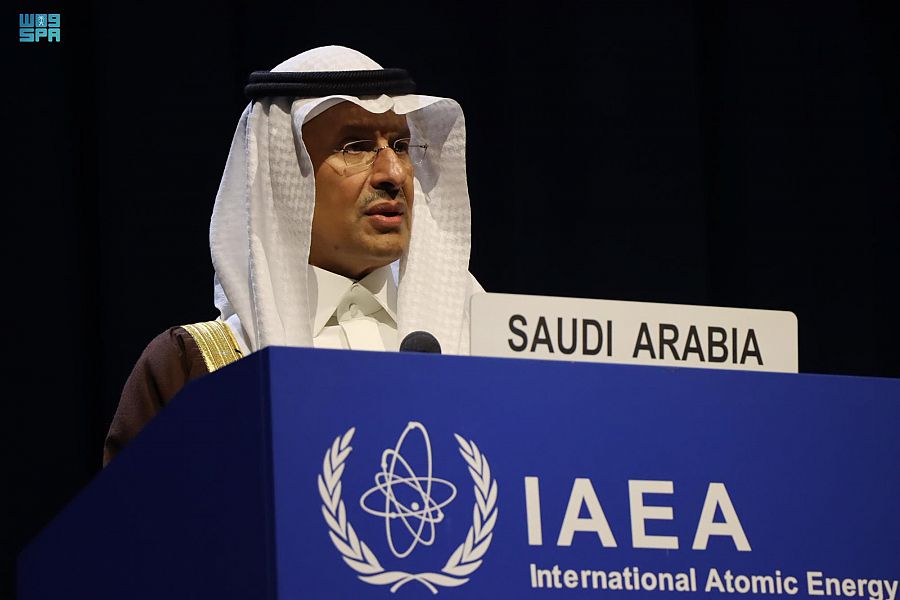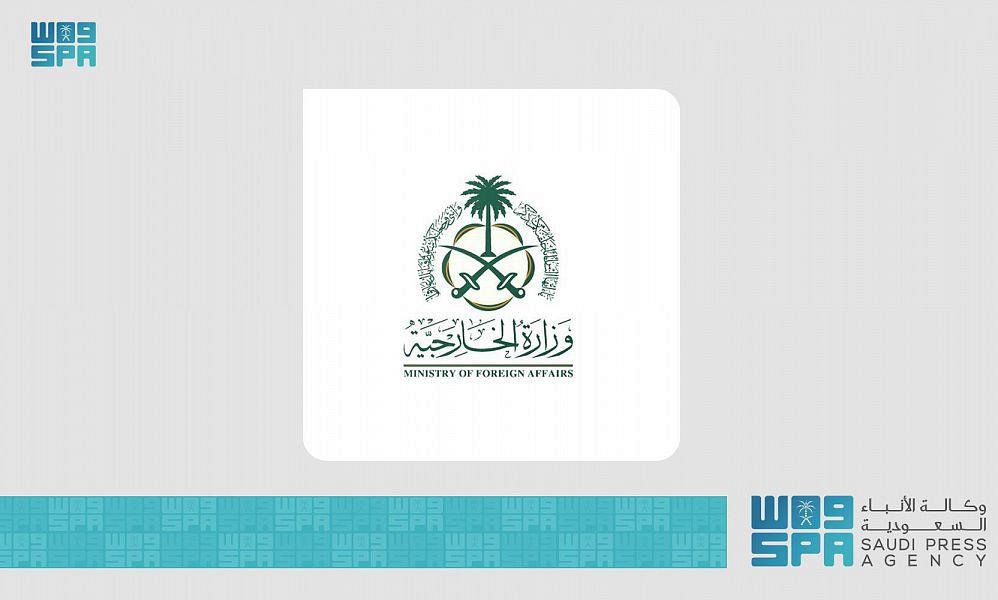
VIENNA — The representatives of the 35-nation Board of Governors of the International Atomic Energy Agency (IAEA) on Friday passed a resolution to push for inspections of two nuclear sites in Iran. China and Russia voted against, the resolution that was adopted by IAEA.
The resolution on Friday called on Iran to stop denying the agency access to two suspected former sites, Reuters quoted diplomats attending the meeting as saying. The resolution was reportedly adopted in a vote that was called after China expressed opposition to it.
The document raises pressure on Iran to let inspectors into the sites mentioned in two IAEA reports because they could still host undeclared nuclear material or traces of it.
The text of the resolution, submitted by France, Britain and Germany, states, the board “calls on Iran to fully cooperate with the agency and satisfy the agency’s requests... including by providing prompt access to the locations specified by the agency.”
Hours before the passing of the anti-Iran resolution, Iranian Foreign Minister Mohammad Javad Zarif in a Twitter message reacted to the draft of the resolution provided by the Europeans said that Tehran has nothing to hide and expressed that an agreeable solution is possible. Zarif meanwhile emphasized that passing a resolution will ruin that.
Diplomats said that Iran’s ally Russia told the board it saw no need for a resolution but China voiced clear opposition, prompting the board’s chairwoman to call an in-person meeting on Friday for further discussions and possibly a vote.
China said that pressing what it called a "non-urgent" issue with a resolution could eventually lead to action by the UN Security Council and "the ultimate termination" of the JCPOA.
Director-General of the International Atomic Energy Agency Rafael Grossi recently made anti-Iranian allegations, claiming that Tehran had refused to grant access to the two nuclear sites.
In the meeting of the IAEA Board of Governors on Thursday, Iran"s Ambassador and Permanent Representative to the IAEA, Kazem Gharibiabadi said: "Iran acknowledges the IAEA"s right for asking legitimate questions, seeking transparency or demand of access for its mission.
“Meanwhile, Iran also emphasizes its right as a member state to request that the IAEA provide solid evidence and supporting documents and arguments in this regard."
Major European powers want to admonish Iran over its ongoing refusal to give access to inspectors at sites suspected of activities that may have been part of a nuclear weapons program.
The IAEA has issued two reports this year rebuking Iran for failing to answer questions about nuclear activities almost two decades ago before its 2015 nuclear deal at three sites and for denying it access to two of them.
US intelligence agencies and the IAEA believe Iran had a secret, coordinated nuclear weapons program that it halted in 2003. Israel’s obtaining of what it calls an “archive” of past Iranian nuclear work has, however, given the IAEA extra information on Iran’s previous activities.
The IAEA has also reported that Iran remains in breach of many of the restrictions imposed by its nuclear deal. Iran began breaching the accord after the United States withdrew in May 2018 and reimposed economic sanctions on Tehran. — Agencies












